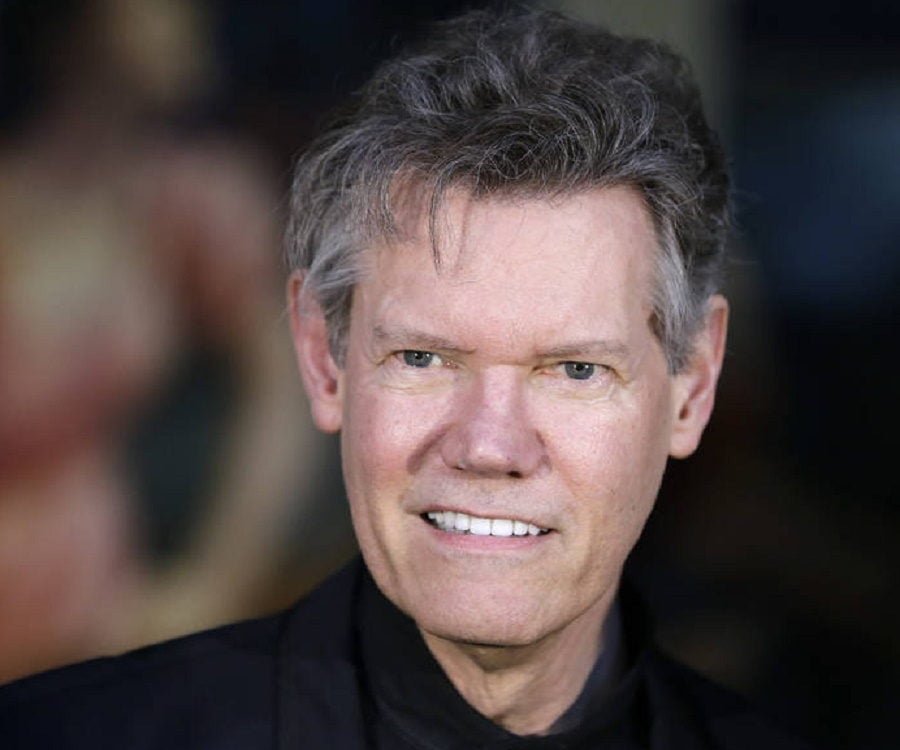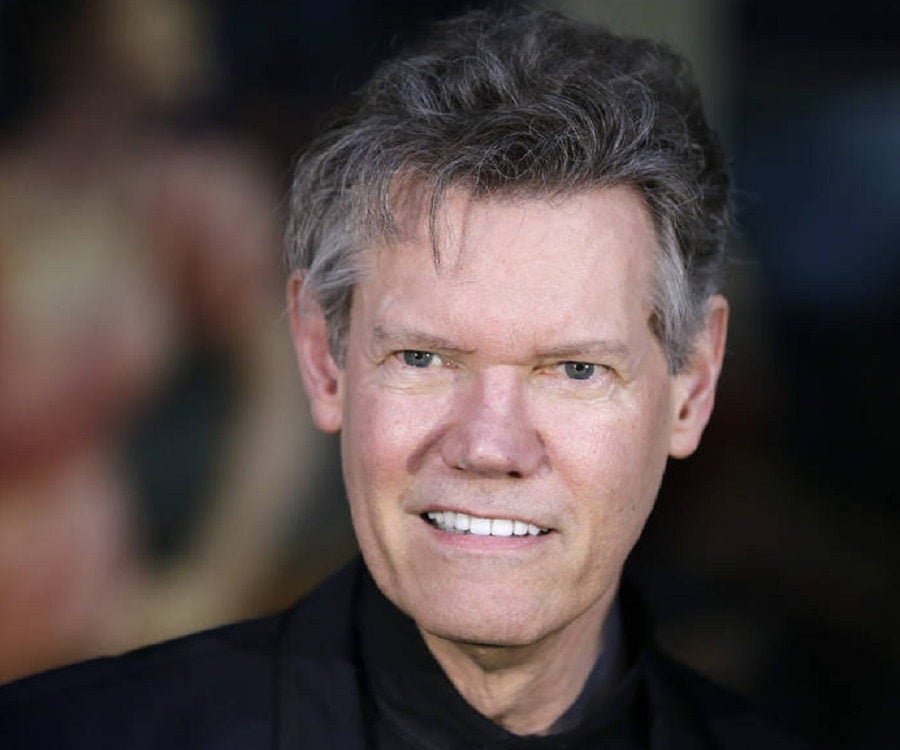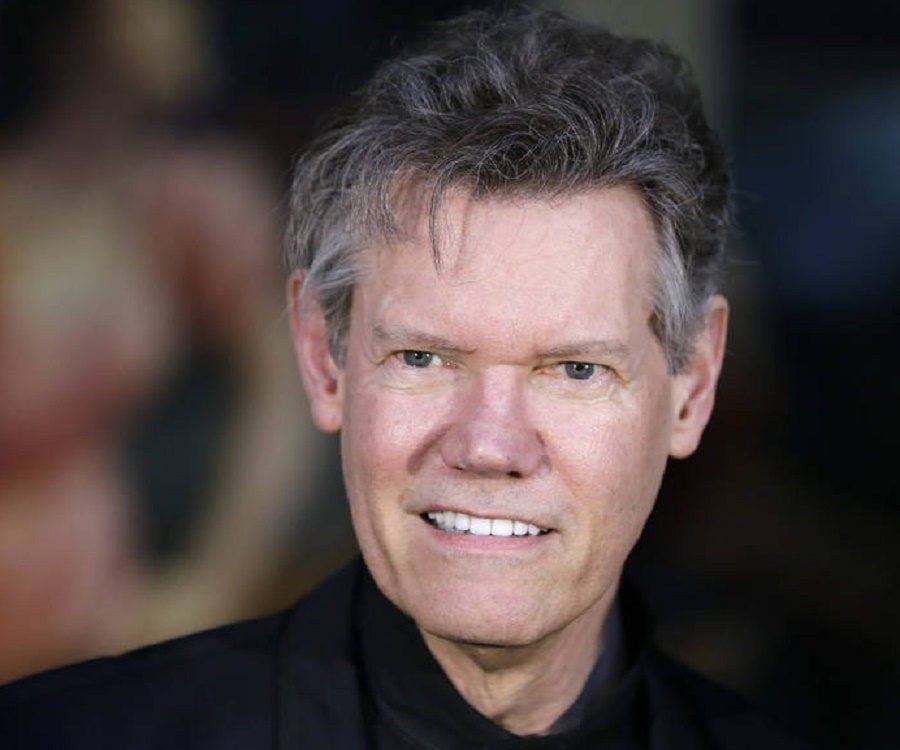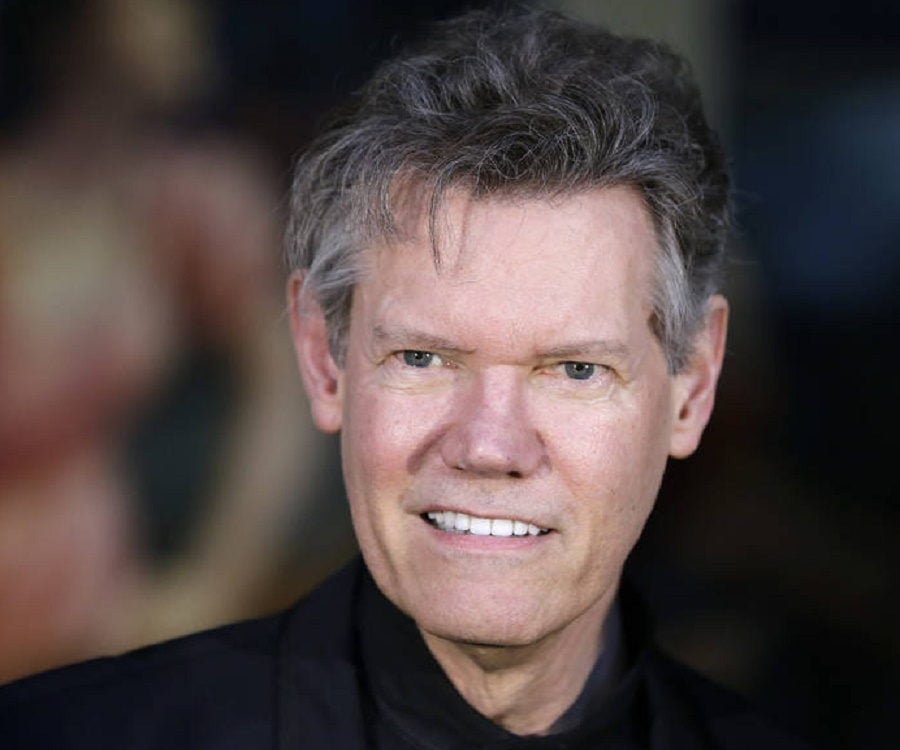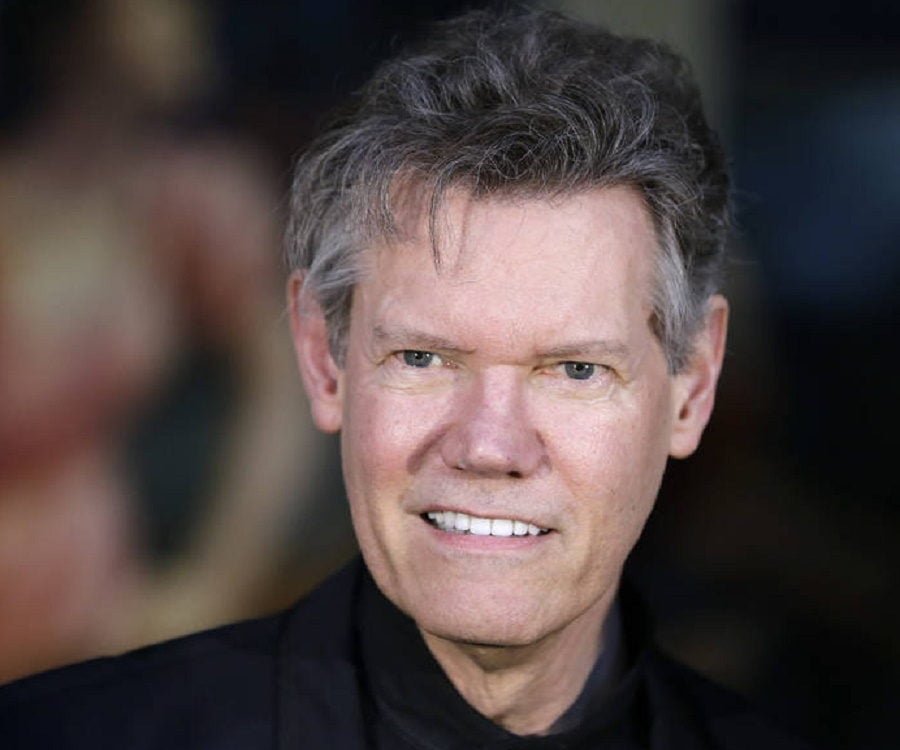In a brave and candid revelation, actor Oliver Hudson has opened up about his harrowing experience with withdrawals from anxiety medication, shedding light on a topic often shrouded in stigma and secrecy.
The 45-year-old star, known for his roles in hit TV series like “Nashville” and “Rules of Engagement,” spoke extensively about his struggles during an interview with a prominent magazine.
Hudson’s journey into the depths of anxiety and medication began as a response to the intense pressures of Hollywood life.
In the entertainment industry, where the spotlight is unrelenting and expectations are sky-high, the burden on individuals to perform flawlessly can take a toll on mental well-being.
Admitting to succumbing to this pressure, Hudson revealed that he turned to medication as a coping mechanism.

Initially, the medication offered a semblance of relief, allowing Hudson to navigate his professional and personal life with a sense of calm.
However, what began as a temporary solution soon spiraled into a dependency, as Hudson found himself relying more and more on the medication to quell his mounting anxiety.
As the dependency deepened, so too did the severity of the withdrawals when Hudson made the decision to wean himself off the medication.
Describing the experience as “debilitating,” Hudson painted a vivid picture of the physical and psychological turmoil he endured during this tumultuous period.
“I was a mess,” he confessed, laying bare the raw reality of his struggle.

Withdrawals from psychiatric medications can be notoriously challenging, often manifesting in a barrage of distressing symptoms ranging from nausea and headaches to insomnia and heightened anxiety.
For Hudson, these symptoms were compounded by a profound sense of disorientation and emotional upheaval, leaving him feeling adrift in a sea of uncertainty.
Despite the grueling nature of his withdrawals, Hudson’s decision to go public with his story speaks volumes about his resilience and determination to break the cycle of silence surrounding mental health issues.
By sharing his own struggles, he hopes to spark a conversation that encourages others to seek help and support when facing similar challenges.
Indeed, Hudson’s experience underscores the importance of destigmatizing discussions around mental health and medication.
In a society where the pursuit of perfection often eclipses the reality of human frailty, acknowledging and accepting our vulnerabilities is a crucial step towards fostering empathy and understanding.
In the wake of his ordeal, Hudson has emerged with newfound clarity and a renewed sense of purpose.
Armed with the knowledge that he is not alone in his struggles, he is committed to using his platform to advocate for greater awareness and access to mental health resources.

For Hudson, the road to recovery may be fraught with obstacles, but his willingness to confront his demons head-on is a testament to the power of resilience and the indomitable spirit of the human psyche.
As he continues to navigate the highs and lows of life in the limelight, one thing remains certain: Oliver Hudson’s journey is far from over, and his story is far from finished.
In a world that often prizes facade over authenticity, Hudson’s candid disclosure serves as a poignant reminder that true strength lies in embracing our vulnerabilities and finding the courage to share our struggles with others.
In doing so, we not only liberate ourselves from the shackles of shame and secrecy but also pave the way for a more compassionate and understanding society.

As the conversation surrounding mental health and medication continues to gain momentum, Hudson’s voice serves as a beacon of hope for those grappling with their own inner demons.
By shining a light on the darkness that often accompanies mental illness, he reminds us that there is power in vulnerability and beauty in imperfection.
In the final analysis, Oliver Hudson’s journey is a testament to the resilience of the human spirit and the transformative power of honesty and self-acceptance.
Through his courage and candor, he has not only reclaimed his own narrative but also inspired countless others to do the same.
And in a world that is often defined by its relentless pursuit of perfection, that is perhaps the greatest triumph of all.
